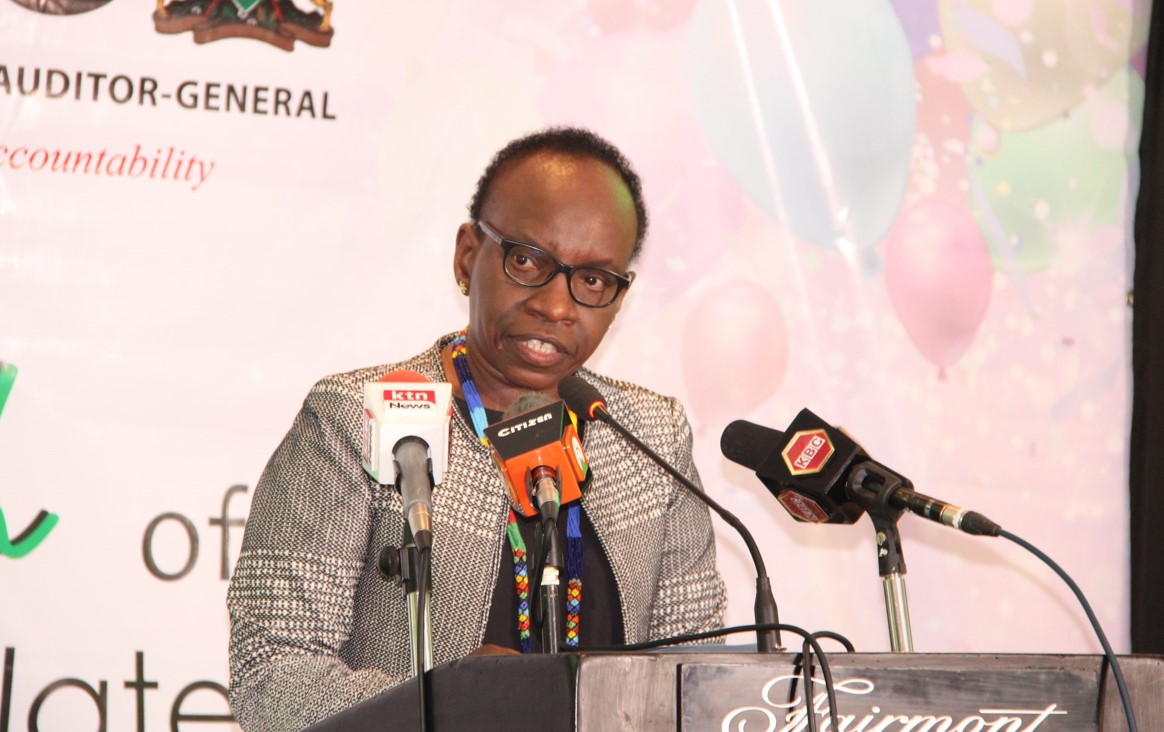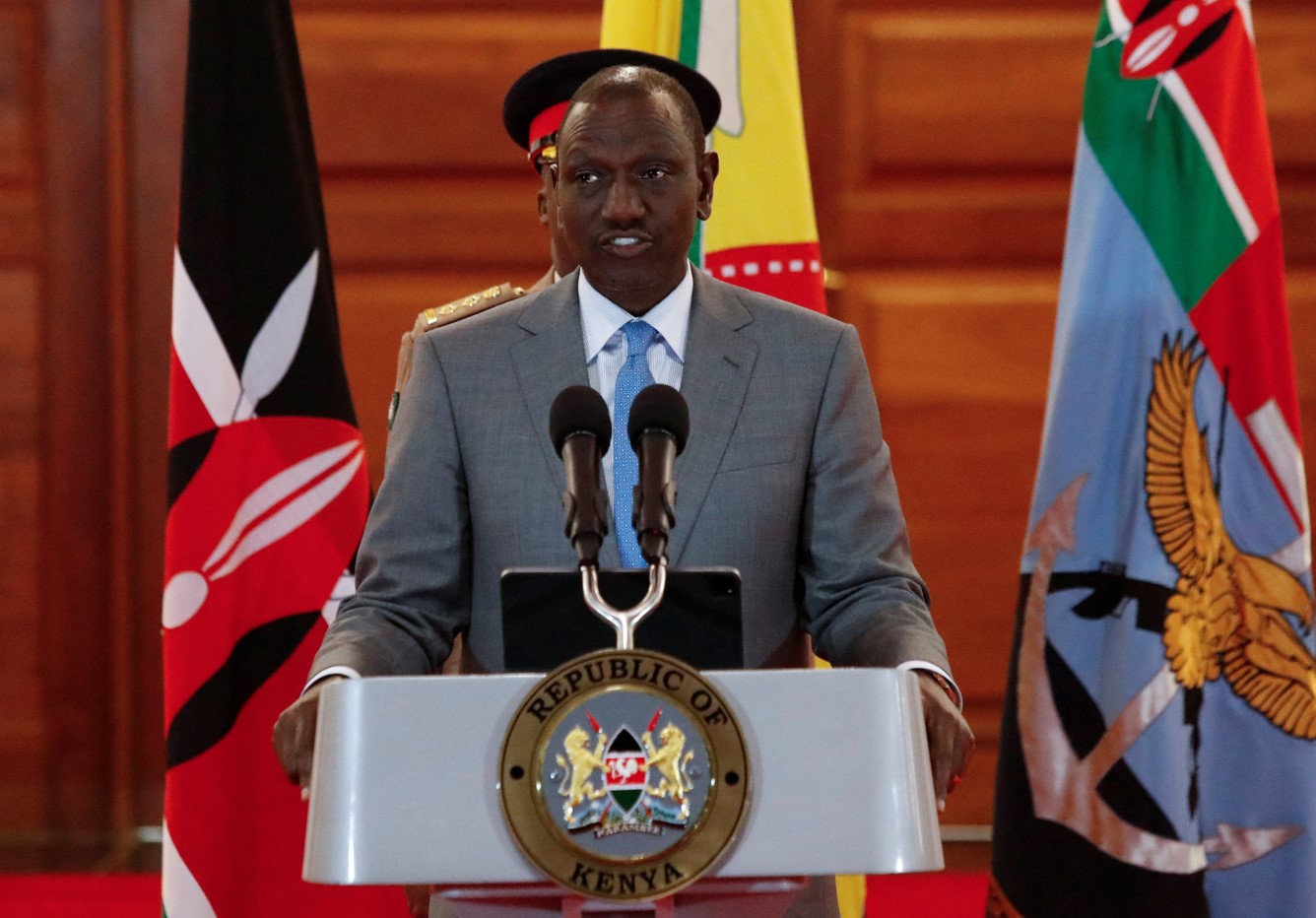National Cancer Institute under scrutiny over millions in unverified spending

By Lucy Mumbi |
Key issues identified in the Auditor General's report include discrepancies in financial statements, unverified expenses, revenue, travel costs, bank balances, and allowances.
The National Cancer Institute (NCI) is under fire over unexplained expenditures amounting to millions of shillings in the year ended June 2023, according to a report by Auditor General Nancy Gathungu.
Key issues identified in the report include discrepancies in financial statements, unverified expenses, revenue, travel costs, bank balances, and allowances.
Keep reading
The report also points to undisclosed and multiple imprests, failure to remit taxes to the Kenya Revenue Authority (KRA), outdated audit fees, an oversized board of trustees, lack of an annual work plan, and budgetary imbalances.
According to Gathungu, the institute could not explain Sh33.4 million out of Sh161.7 million spent. She said the institute provided schedules accounting for Sh75 million, leaving a difference of Sh33.4 million, which included spending on advertising, conferences, bank charges, printing, training, travel and allowances.
Additionally, there were unsupported travel and daily subsistence allowances amounting to Sh24.4 million out of Sh80.9 million, as there were no payment vouchers or supporting documents.
The institute could also not verify revenue from public contributions and donations totalling Sh29.6 million, as well as Sh9.8 million from service renderings, due to the absence of supporting schedules.
“An unverified bank balance of Sh16.9 million unsupported by cashbook entries, bank balance certificates, or reconciliation statements could also not be verified,” Gathungu said.
She noted that there were problems with the financial statements, as the chairman's statement and the implementation status of the Auditor General's recommendations were not signed or dated, meaning they did not meet the required reporting standards.
Non-compliant
“In my opinion, because of the significance of the matters discussed in the Basis for Adverse Opinion section of my report, the financial statements do not present fairly, in all material respects, the financial position of the National Cancer Institute of Kenya as at 30 June 2023 and of its financial performance and its cash flows for the year then ended, in accordance with international Public Sector Accounting Standards (Accrual Basis) do not comply with the Cancer Prevention and Control Act No.15 of 2012 and the Public Finance Management Act, 2012,” Gathungu said.
“ln the circumstances, the financial statements presented for audit did not comply with the reporting template prescribed by the Public Sector Accounting Standards Board.”
The report also found undisclosed advances of Sh8.1 million, with seven staff members holding multiple advances, violating regulations that prohibit issuing new advances to those with outstanding ones.
This, Gathungu said, indicates a breach of the law by NCI management.
“This is contrary to Regulation 93(4) of the Public Finance Management (National Government) Regulations, 2015 which states that before issuing temporary imprests, the Accounting Officer shall ensure that the applicant has no outstanding imprests. In the circumstances, the Management was in breach of the law,” she said.
The report also raised concerns about the management and operations of the institute, noting that board members often held extra meetings and paid themselves allowances without providing evidence that these meetings took place.
According to Gathungu, there was a significant increase in board expenses from Sh1 million in 2022 to Sh9.98 million, attributed to 21 meetings held without the Cabinet Secretary's approval.
These included seven full board meetings, seven finance and strategy committee meetings, and seven technical committee meetings. The human resources and audit committees held three and two meetings respectively, against the state corporations' guideline of four to six meetings annually.
She said the institute's board comprised 10 members, violating the Mwongozo Code of Governance which stipulates board membership of seven to nine members for state corporations.



















